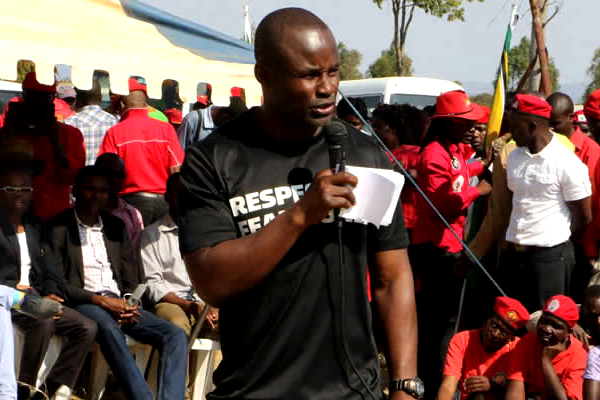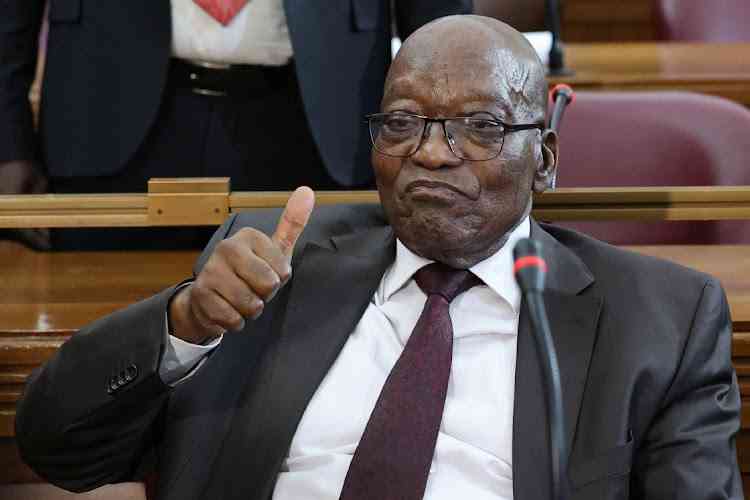
Norton independent legislator, Temba Mliswa, has brought a militancy that has been refreshing to the country’s dour and predictable linear politics.
Comment: NewsDay Editor

Mliswa proved a disruptive force, as he romped to victory in polls when odds were heavily against him, gaining him the limelight.
While we welcome Mliswa’s militancy, his propensity to pick fights with just about anyone, is quite disturbing and he might not be the force for good that many think he is.
Mliswa has picked a fight with almost everyone from Zanu PF, to MDC-T and ZimPF and questions have to be asked as to what kind of a leader he is, if he cannot seem to be getting along with anyone.
His views on the coalition, published in yesterday’s NewsDay, are quite disturbing and will not help Mliswa’s image, as there are some who are convinced he is a Zanu PF plant meant to scatter the opposition.
Mliswa argues that the opposition should not contest the election as a coalition, but rather as separate entities, with parties then uniting behind the leading candidate, who will face off with President Robert Mugabe in a run-off.
This is warped logic at best, as there is no guarantee there will be a run-off, with the 2013 elections being a case in point.
- Chamisa under fire over US$120K donation
- Mavhunga puts DeMbare into Chibuku quarterfinals
- Pension funds bet on Cabora Bassa oilfields
- Councils defy govt fire tender directive
Keep Reading
The Norton legislator can campaign for his Third Force and he is right that there are many people who do not belong to any party, but that does not mean he should impugn a coalition, which many believe is the panacea to the opposition’s woeful showing in the last elections.
Mliswa should consider that many people are not happy with opposition politics because of what they see as disorganisation, but once they unite, they could see a spike in their support.
As most major parties have said in the past few weeks, an opposition alliance is almost inevitable and this is the surest way of defeating Zanu PF at the polls.
If Mliswa doubts the efficacy of coalitions, then he should look at the recent example of Gabon, where an out-of-sorts and weak opposition managed to unite and deal one of the biggest electoral upsets to a long-time dictator.
If he feels the example is far-removed, then, if he is old enough, he will recall that in 1962, the Dominion Party in Rhodesia, which had lost several elections, merged with several smaller parties, became the Rhodesian Front and defied most poll projections by romping to electoral victory.
Zimbabwe cannot risk another experiment and opposition parties desperately need to unite if this country is to be extricated from this economic and political mess.
Mliswa’s divisive views ought to be ignored, as they are not any helpful to nation building.











